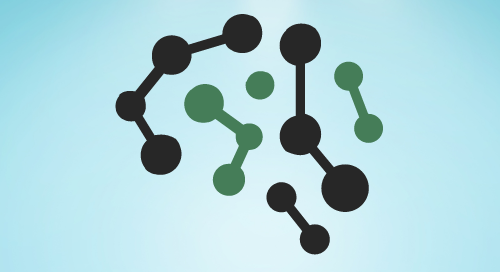Optimizing the code is crucial for any kind of applications for better User Experience, better performance and better management. In this post, we would be discussing few techniques to optimize Java application codes which would benefit the overall performance of the system.
Caching
Whenever a program runs it constanly accesses static contents or data from the database. This works fine without any bottleneck when number of people accessing the system is within a small limit. But for bigger systems without thousands of users accessing your system, making direct disk/database access for frequently used data creates a performance block. We use caching for this reason to store frequently accessed data in a layer where we could reduce number of direct access. Using proper techniques of caching can help in reducing the latency, reduce the load on the application server and improve the availability of the site. One of the most used Java framework, Spring Boot comes with support for loads of cache providers.
Lazy Loading
Lazy loading of objects means that we would fetch data only and only when it is required. Performance can increase significantly if we fetch data only when it is required. This results in increase in speed and performance as data un related would not pre occupy the memory
Threads
Using threads to break big tasks are a great way to optimize your system performance. Now, the problem with usual threads are that they are dependent on system memory and can throw error if system is on a memory crunch. With newer Java version, virtual threads are implemented which can carry out similar tasks but being much lighter than classic OS threads.
Query Plan Cache
Hibernate generates a SQL query to be run on the database, based on the repository method names we have. To achieve this functionality, hibernate has to parse the method to a syntax tree and then generate the SQL query. Run the same and store to a casted Java object. By enabling the query plan cache, we can configure hibernate to cache the query so that it does not go through the whole process every time for the same query. We can enable this with the following code where 4096 is the max number of plans in the cache:
hibernate.query.plan_cache_max_size=4096
